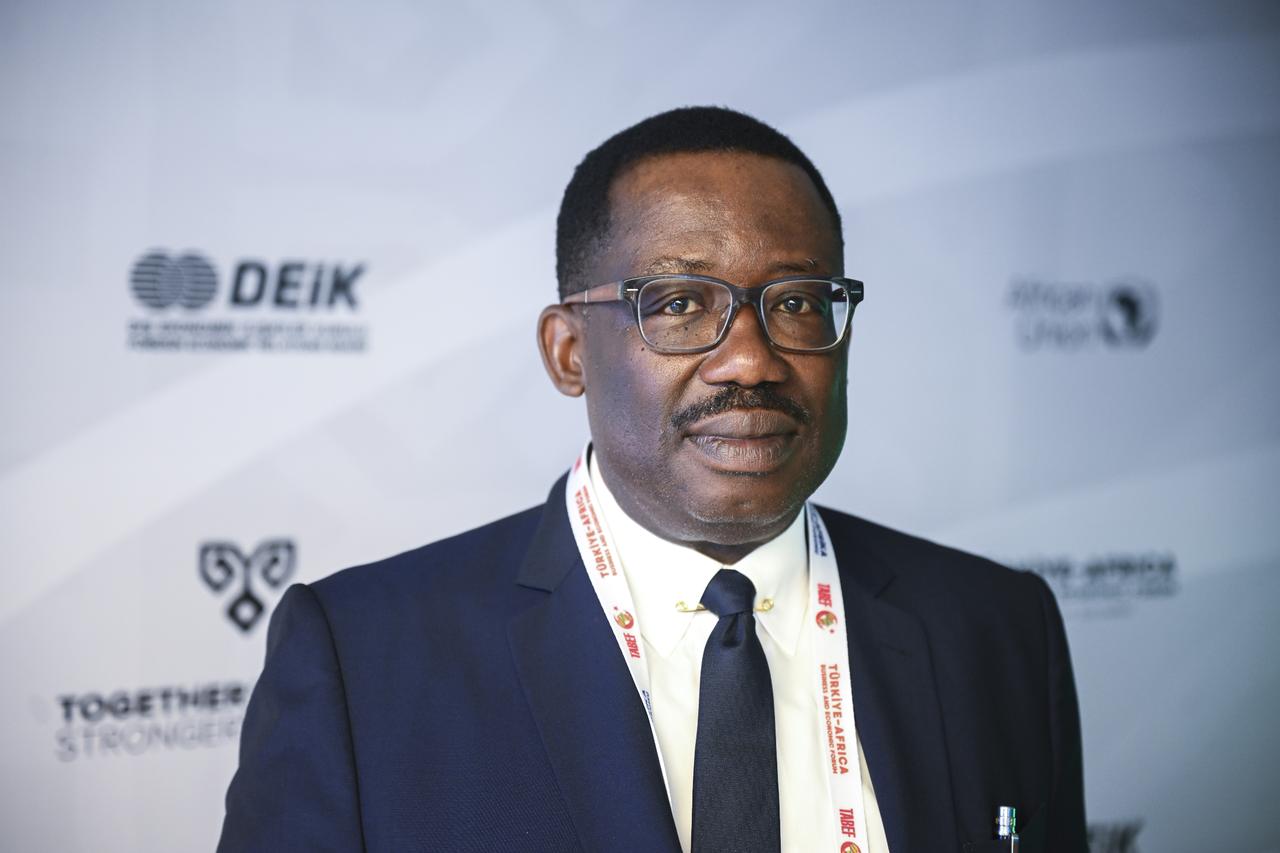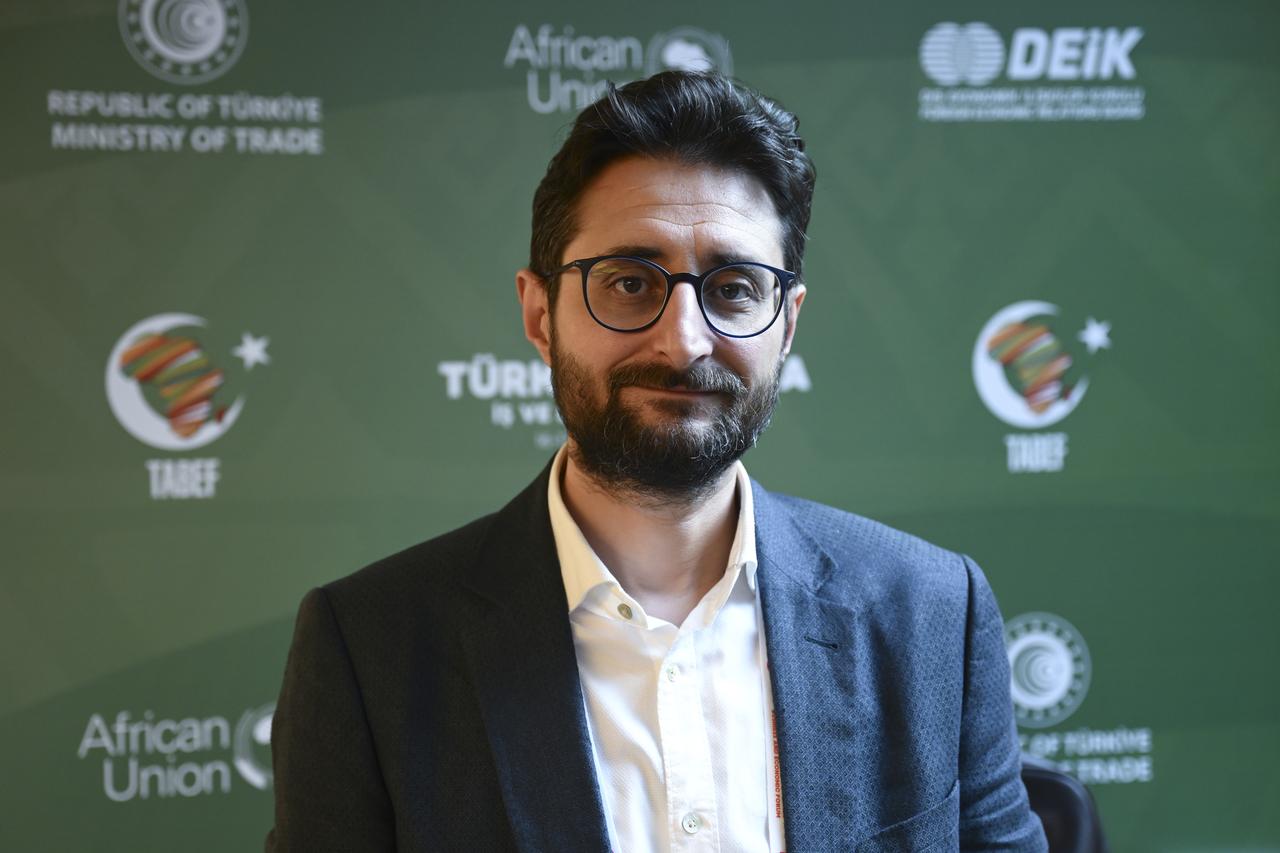
Experts say relations between Türkiye and African nations have evolved beyond trade, forming a new model of partnership that spans economic, strategic, and diplomatic dimensions.
According to analysts speaking to Anadolu Agency, Africa’s young population, rich natural resources, and rapidly growing economies present significant opportunities for Türkiye.
Dele Kelvin Oye, co-chair of the Foreign Economic Relations Board (DEIK) Türkiye-Nigeria Business Council, said ties between Türkiye and Africa are based on friendship rather than a colonial past, offering important prospects for both sides.
“Africa is no longer a continent of one-sided trade agreements but one of mutual gain,” Oye said. “There is no colonial history between the two sides. This makes relations more sincere and mutually beneficial. There are important opportunities at both governmental and private sector levels.”
Oye noted that Türkiye is active in many sectors across Africa, particularly in Nigeria. Official data show bilateral trade volume at around $5 billion, while indirect trade exceeds $10 billion. He highlighted agriculture processing and mining as priority investment sectors and said Nigeria’s textile market offers major potential for Turkish investors.
He pointed to the Dangote Oil Refinery in Lekki, which produces about 900,000 tons of propylene annually, supplying the raw material needed for the textile industry — an area where Türkiye could play a key role.
Oye also emphasized Africa’s growing cultural influence, noting that Afrobeat music and Nollywood cinema have made African patterns popular worldwide. He said Türkiye should take part in this global trend.
Calling attention to China’s duty-free trade with 53 African countries, Oye invited Turkish companies to invest in Nigeria, saying, “Every challenge is an opportunity. There is a shortage of almost everything on the continent. Those who provide solutions will profit. Turkish firms can move some production facilities to Africa to gain cost advantages and benefit from the African Continental Free Trade Area’s duty-free opportunities.”
Assoc. Prof. Murat Yigit of the National Defense University said Türkiye has established a strong political, economic, and security presence in Africa over the past 25 years. He noted that Türkiye has become not only a trading partner but also a security provider and mediator.

Yigit described Türkiye’s Africa policy as “multidimensional,” saying, “While Russia and China are seen as new actors on the continent, Türkiye’s difference lies in its comprehensive policy that began with humanitarian aid and expanded to include cultural, economic, and security fields. In defense, energy, and diplomacy, Türkiye and African countries are two complementary actors.”
He said Türkiye should deepen its multidimensional policy for long-term engagement in Africa. Referring to the defense cooperation agreement signed with Somalia in February 2024, Yigit said it strengthened Ankara’s role as a security provider.
Yigit also pointed out that Turkish firms are becoming more visible in strategic sectors such as defense and energy, though more progress is needed to promote Africa, encourage business engagement, and ensure investment security.
He added that Türkiye’s Africa policy involves multiple institutions, including the Ministries of Foreign Affairs, Trade, and National Defense, as well as TIKA, YTB, Yunus Emre Institute, and Turkish Airlines.
Dr. Kaan Devecioglu, coordinator for North and East Africa Studies at the Center for Middle Eastern Studies (ORSAM), said Türkiye-Africa economic relations have deepened significantly over the past 15 years, with bilateral trade volume reaching $40 billion and projected to rise to $100 billion in the short term.
He said the economic partnership has expanded into energy, construction, and defense sectors, strengthening mutual dependence. “Defense industry cooperation is one of the most tangible examples,” he said. “Türkiye is a supplier in this field, and with African countries’ growing demand, projects can be developed to reinforce economic interdependence.”
Devecioglu said combining Africa’s natural resources with Türkiye’s production capacity could benefit both sides by lowering costs and strengthening trade ties. He added that the trade target for the end of this year is $50 billion, with a short-term goal of reaching $100 billion.
Highlighting Africa’s young demographics, he said, “According to United Nations projections, by 2050 one in every four people in the world will be African. This is a strategic factor that must be taken into account in bilateral relations.”